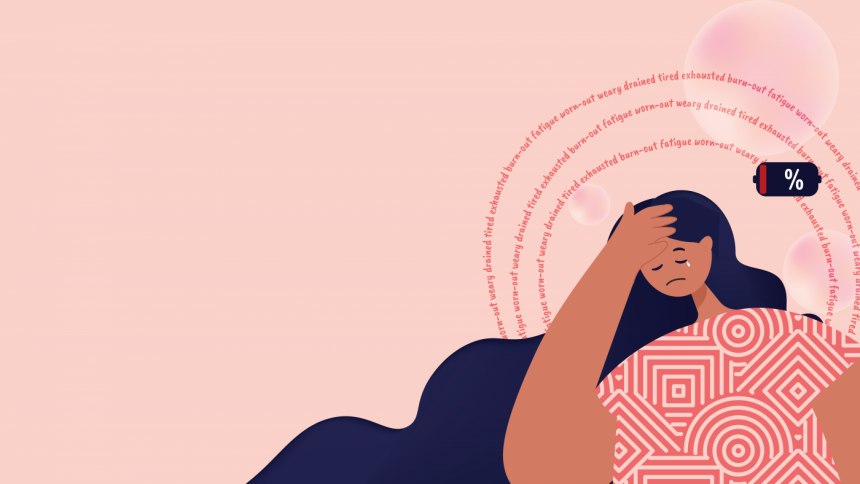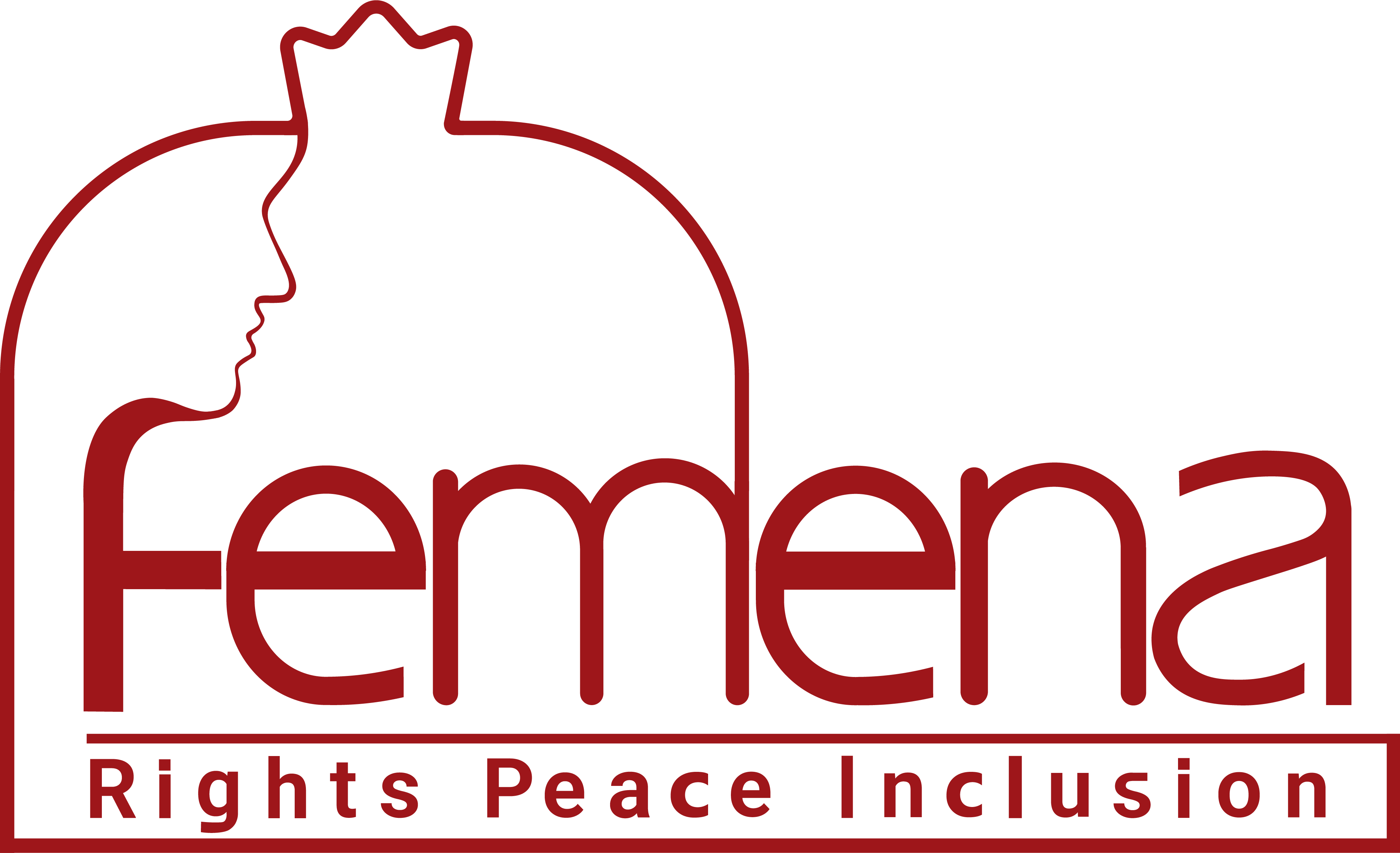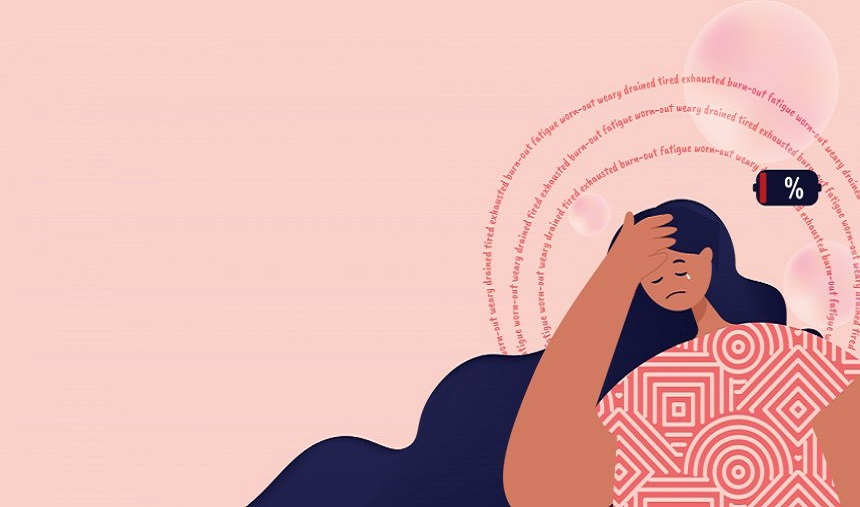
Source: AWID
Stress, burnout, uncontrollable emotional outbursts, depression, anxiety, migraines and cancer are some of the effects that human rights defense work has on WHRDs around the world, and the ones that often make them quit their important work. AWID spoke with Jessica Horn, Senior Advisor for the African Institute for Integrated Responses to Violence Against Women and HIV/AIDS (AIR), about the politics of self-care and well-being for women human rights defenders (WHRDs).
Based on your experience, can you tell us about the political importance of well-being and self-care in the lives of WHRDs? What is striking about that in your view?
Our work is to create societies that are just, where people are able to live well, healthy and balanced and are able to conduct their lives without the fear of violence. Being emotionally well is central to being able to fully and actively participate in society. It is really fascinating to me that this element of human existence, and particularly activists’ existence, has been neglected for so long. Many feminists argue (Audre Lorde being one of them) that we live in systems of power that are designed to make us unhappy – that are strategically designed to erase the happiness and well-being of certain groups of people. So it is in and of itself a political act to affirm the happiness of women in a patriarchal society.
I also think that we underestimate the amount of emotional and mental stress that oppression and injustice cause, and also fail to recognize that the stress is a collective stress. We tend to forget that when one person is attacked everybody is impacted. The person who is attacked has an immediate direct need, but the people around them and supporting them are also affected. As activists we carry the burden of that constant injury in our communities. So there’s a need to address that burden because it runs us down.
Looking at the women’s rights sector more broadly I think it is fair to say that we have a human resources challenge. There are not that many people working in women’s rights globally, if we compare it say to the technology sector, so we also lose valuable technical capacity when people burn out or can’t cope with any more sadness and feel that they have to do different work, or end up in situations where their emotional and physical health is affected. There again, it makes political sense to think about the sustainability of our sector of women’s rights activists, and to pay more attention to activist wellbeing.
AWID: What are the challenges that you feel are preventing WHRD, activists and social movements to seriously consider self care and well being as part of their political agendas?
In women’s rights organizations and movements we’re not acknowledging fully that our work involves constantly bearing witness to violations and violence, and that often the violence is close to us – it is being inflicted either on people that we know, or people like us. There’s only so many times you can hear stories of terrible things happening to someone before it starts to affect you. And most activists don’t have an organizational mechanism to help deal with that.
Within our organizations we have to build occupational well-being and mental health support into our human resources protocols. This exists in the humanitarian sector, and of course in psychology and counseling, but not yet as a standard practice in women’s rights work. Funding for this is a major challenge, and we speak a lot about this in AIR. We know that there is very little core support available for women’s rights organizations, and occupational wellbeing would be something that is resourced through core funding. When you are struggling to raise money for project implementation, it becomes a hard sell to make the case for additional funds or staff time for emotional wellbeing and mental health. Donors need to start acknowledging that this is very serious, and begin to allocate resources to creating these systems before it’s too late. It is unfair to expect people to work on a frontline undefended. I do think that it is an ethical responsibility for donors to support the wellbeing of the people they support to do the very brave work of transforming violent and unequal societies. It’s about the longevity of the movement – we need to defend defenders.
In practice we also struggle with methodologies. I know from experience in the African region that when we are doing mobilizing work with LGBTI activists and people who face other discrimination in society, we have a lot of trouble finding skilled wellbeing practitioners who are not discriminatory themselves. We have a basic problem of not having someone to call on for support. With that said, we can also get more creative with our emotional wellbeing methodologies, in particular to move away from the idea pushed by Western psychology that ‘talk therapy’ is the only solution. There are many different ways to support emotional well-being and mental health, including methods that already exist in context- and different methods work for different people.


